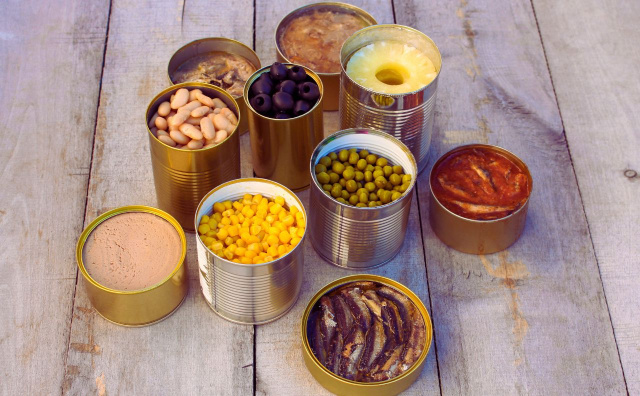The Bulgarian canning industry is facing a critical moment, with experts warning that it could be approaching its end. Stoyko Kirovski, chairman of the Union of Fruit and Vegetable Processors, told the Bulgarian National Radio that, unless urgent measures are taken, consumers may soon see store shelves filled with imported products such as pickles from India, roasted peppers from Macedonia, compotes from Greece, and jams from Egypt.
Kirovski explained that the industry’s survival depends on the availability of raw materials, labor, and access to markets. Historically, the sector thrived when Bulgaria exported large volumes of canned food to Russia, producing nearly 900,000 tons annually. Today, production has fallen sixfold to roughly 150,000 tons per year, a dramatic decline that has gradually reduced domestic output.
He highlighted a major challenge: the European market, despite being three times larger than Russia, remains largely inaccessible to Bulgarian brands. “Europeans don’t know us, and they prefer their own brands. We help build the reputation of European labels, but nobody recognizes Bulgarian products. Our industry lacks the strength to promote itself independently in Europe. This is where state support could make a difference,” Kirovski said, emphasizing the high quality of Bulgarian goods.
The decline in domestic fruit and vegetable production further complicates the picture. According to Kirovski, the Bulgarian market is heavily dominated by retail chains, which control over 70% of sales and exert strong pressure on prices. Producers are forced to work with minimal profit margins of 3 to 5%, which in turn puts pressure on agricultural suppliers, leading many to abandon production. “Our industry has effectively been left on its own by the state,” he added.
Kirovski also pointed out the paradox of relying on imported raw materials while local resources and labor are underutilized, warning that this practice is unsustainable and threatens the long-term survival of the sector. “If we don’t support local producers and workers, the business is slowly dying,” he said, calling on authorities to clearly define whether the canning industry is a national priority and to provide targeted assistance to agricultural producers if it is.
Currently, the Bulgarian canning industry employs approximately 2,000 people, representing the companies affiliated with the industry association. Without decisive action, Kirovski warned, the sector risks further decline, leaving Bulgaria increasingly dependent on imported canned goods.
Source: BNR interview
